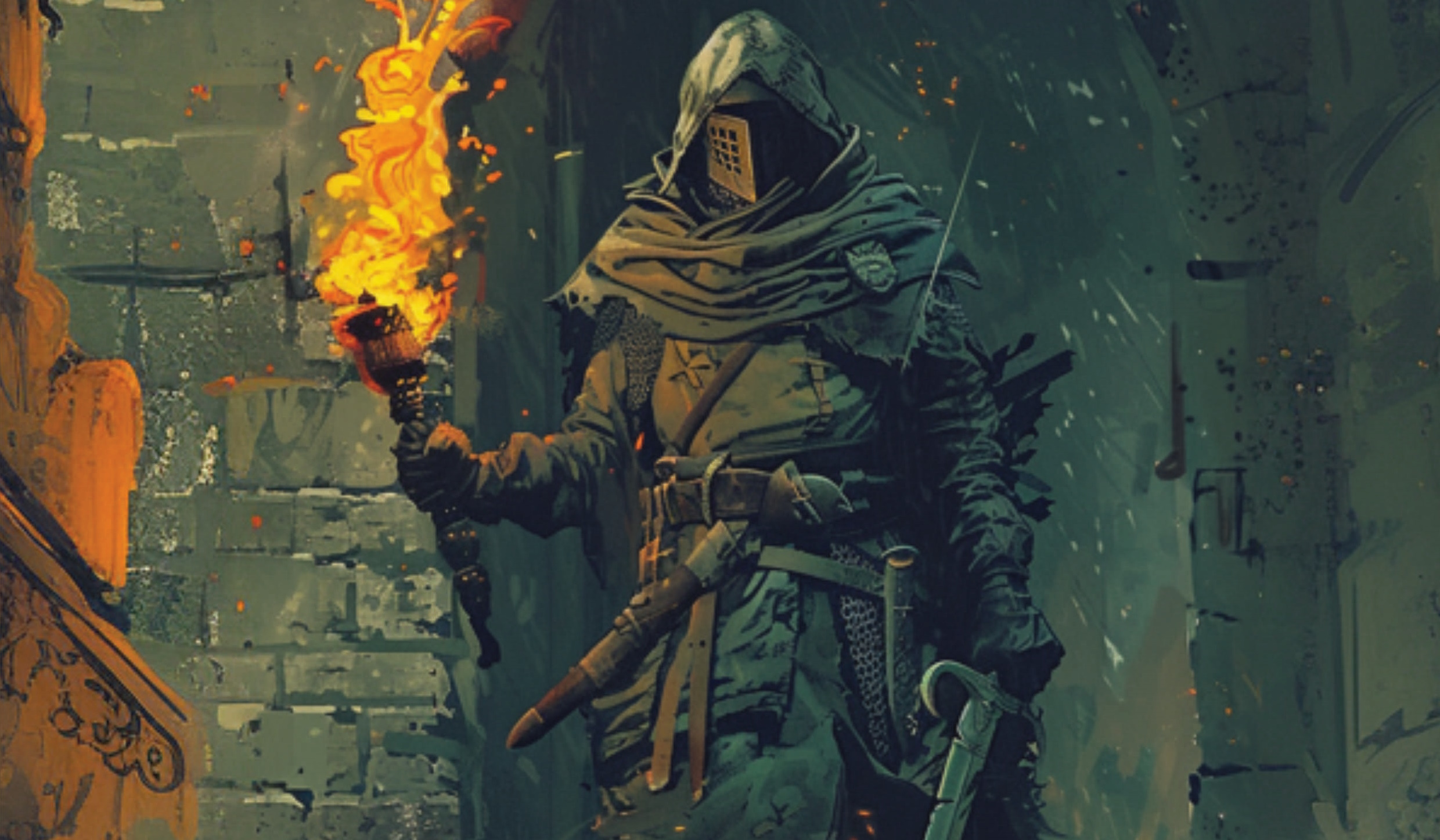Evolve or die… or, A diatribe on my feelings about new editions!
Because what the internet needs is another person griping about new or revised editions of the games they love!
But gentle reader, that’s not my intention today; I’ll try not to grumble, much. Although I’ve played many games, my go to game through all these years has been D&D in all its different incarnations, so I will speak from this perspective.
Way back when, when I started playing D&D and then migrated to AD&D I loved the game I played. It was fun, if a little hard to read in some instance and had some rules I just ignored. Then AD&D 2nd edition came along and I was thrilled, a cleaned up version of the game, easier to play and read, count me in. I was not part of a larger gaming community; I played with a few friends and had no idea of the controversy this new edition might cause beyond the occasional letter in Dragon Magazine.
It wasn’t until sometime later when I began working at a comic book/gaming store that I came in contact with the larger gaming community around me and discovered that people looked down on AD&D 2nd edition as the bastard step child of AD&D 1st edition (not everybody but enough people anyhow) and for a while there in the 90’s when the gloomy, edgy, humanized monster games were all the rage I felt like playing AD&D was akin to riding the tricycle when others had Harleys. That never stopped me mind you and I kept on having fun with AD&D, to the point that even when TSR stopped publishing Dragon and gaming supplements I didn’t even notice.
By then I had a job and a family and again my gaming was limited to my group and our campaign with little contact beyond that. I eventually became interested in WotC purchasing of TSR and the upcoming D&D 3rd edition and I can say that was when I really became interested in the online gaming community.
I was thrilled by the idea of a new edition! I had invested a lot of time and money in AD&D 2nd edition but I understood that for the game to continue existing it needed to evolve, the company that put out the game needed to make money and if I enjoyed the game I needed to support it, and the best way to support it was buying the books. I buy books by the authors I enjoy reading, pay to see the movies I like so by the same token I spend my money on the games I like to play.
To me D&D 3rd edition was an improvement on the game I played. I had to learn new rules and it had tactical aspects I did not enjoy before, and for a while I considered going back to AD&D 2nd edition. But I persevered, I wanted the thrill of new books, new material and I wanted to evolve as a player and GM. I stuck with it and eventually loved it, playing D&D 3rd edition for seven years. And I never understood the people that stuck to the older editions and refused to try the new game by saying, such or such edition is good enough for me I don’t need a new edition. I respected their opinions, I just never got “it”.
When D&D 4th edition came along many in my immediate circle bemoaned the greed of WotC, the unnecessary changes, the money grubbing, but I was a new edition apologist. Recognizing WotC had a right to reinvent the game and make a profit. I was excited by the new game got it as soon as it came out and gave it a try. We played for months and at the end of the day the game wasn’t for me, so I gave up on D&D and switched to Pathfinder, and all of a sudden I was on the other side. I was one of those refusing to let go of a previous edition and not evolving with the game. True it was easier, Paizo continued to support the game I liked, tweaked it and (in my opinion) improved it, so I began supporting the company that provided what I enjoyed with my money.
In a way it is the best of times for all because there is support for whatever game you like, retro clones of older editions, electronic books supporting 3rd edition, Pathfinder, 4th edition, et al. It is also the worst of times, because we have a smaller player base (we grow old and not as many new players are joining the ranks I think we can agree on that) and a fracturing market supporting many different games. In a way, a hegemonic game like D&D keeps games in the public eyes, present in traditional places like books stores and comic book stores and is a gateway to other games. If it disappears, will other games emerge to fill the void?
I realize I may be contradicting myself when I wrote so recently about trying to keep a positive outlook and not be distracted by doom and gloom. I don’t want to be a prophet of disaster, or say the game industry will die. The market and how games are distributed will change, as will most publishing over the next years, but my main purpose was simply to wax on the change new editions bring and how one day you feel like part of the new wave of gaming and another you feel like a grognard yearning for the games of old.
The point is to remember that what you love may not be what other like, so keep an open mind and be respectful about it. Support the companies you enjoy, they do need to make money. No matter what you’ve heard, game designers DO need to eat. And lastly, change is good, but these are games so no one is forcing you to change. Just because they came out with a new package and game board for the Clue board game you don’t run to the store to buy the new version, the one sitting on your closet shelf is still just as good. No one is forcing you to change, just don’t piss on those who decide to do it.
This rant is officially over… Thanks for reading!




7 comments